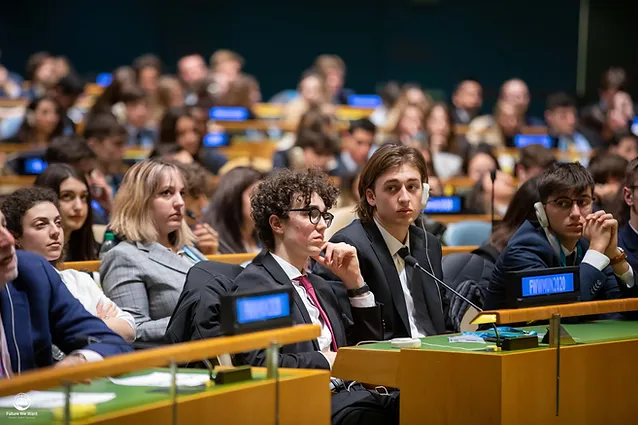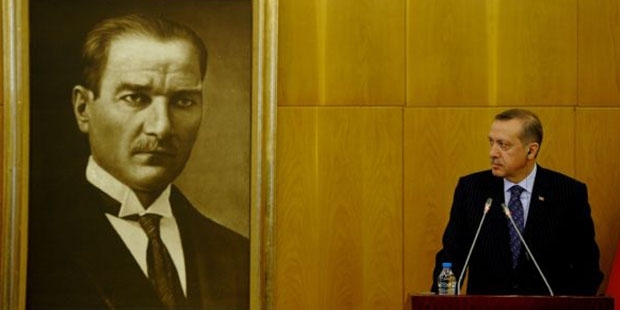
ChatGPT : The End Of Handwritten Speeches and Resolutions

ChatGPT emerged in 2020, during one of Turkey's COVID-19 shutdowns. As a tool that can think, work, and produce by itself, it is only fair to say that it has irrevocably changed the course of history as the first major AI tool to be used by the general population. While its role in education remains a contentious topic, its integration into research at Ivy League universities and various industries, including healthcare and finance, is undeniable. Naturally, the realm of Model United Nations conferences couldn't have been exempted from the effects of this technological wave. This exploration delves into the dichotomy of AI's impact on MUN conferences, probing its benefits and drawbacks, and contemplates potential responses to the use of AI in MUNs in general.
It is easy to see the benefits that AI can provide: It is the perfect assistant in learning country policies, especially when you compare it with the tedious process of manually procuring every source by yourself, one by one, from a plethora of websites. But does it go against the aims of MUN itself, as it thinks by itself and outputs without outside effort? To answer this question, we must ask ourselves what the aim of MUNs is. Quoting directly from the United Nations website, "Model UN simulations engage hundreds of thousands of students each year, helping them to learn more about the principles of the UN and how it functions. Many of today’s leaders in law, government, business, and the arts — including at the UN itself — participated in Model UN as students.. Even if you don't agree with this idea, everybody would agree that refusing to acknowledge the academic aspect of MUN's would make the events social gatherings. Accepting the fact that delegates would more or less only be mouthpieces for the AI means that we should scramble MUN's altogether and only do socials instead. Why waste more than 20 hours debating if the delegates aren't going to benefit from any of it in the first place?
The response, then, might seem obvious. Fully ban AI in resolutions and use tools to enforce the ban. It turns out that this approach is not applicable. There are a few ways AI can be detected in text. First, there is the linguic property, which is completely undetectable after a few rewrites. There is also metadata, which can be used to find the text by using the first appearance of the text online. Also changeable. AI models are planning to implement tools to make checking easier but there will always be tools that won't support this, as the demand for AI won't die even if a few AI models implement this technology. We might also look to the universities for guidance on what to do with AI. After the universities initially tried to check the AI with harsh policies, they must now move on to adapt to it. We are at the point of no return. Pandora's box, which is AI, has been opened, and a return to the educational landscape before its introduction is implausible.
What should be done then? Well, even if AI is uncontrollable, the last thing we should be doing is letting it be and hoping for the best. The education system and a multitude of businesses are adapting to the AI wave, and we should do the same. Cabinets that place an emphasis on momentary reaction and critical thinking should be put in the front row of MUN conferences, namely the crisis committees. It should be said that this would bring in a plethora of problems — the much smaller attendance pool of crisis committees to start with — but it is ultimately much better than having the delegates be text-to-speech machines and have hundreds of people playing dress-up in university halls — which is what MUN is if there is no academic benefit.
REFEERENCES:
4: https://www.washingtonpost.com/technology/2023/06/02/turnitin-ai-cheating-detector-accuracy/
5: https://fortune.com/2023/01/31/chatgpt-open-ai-new-tool-catch-students-cheating/






